Faculty Q&A: Kurt Douglas
Douglas is Program Coordinator and Instructor for GBCC’s ACM, CNC and NDT Programs

Kurt Douglas completed an educational circle when he arrived at Great Bay Community College to begin his teaching career five years ago. After graduating from Spaulding High School in Rochester, Douglas enrolled at New Hampshire Vocational Technical College in Portsmouth, which many years later became Great Bay Community College with campuses in Portsmouth and Rochester.
“So I consider myself an alumni of Great Bay Community College, just through the family tree,” he said.
In between his time as a student and his current role as an instructor of the high-tech trades in Rochester, Douglas spent 35 years at Seabrook Nuclear Power Plant. An electronics technician by trade, Douglas became director of maintenance at Seabrook Station and helped supervise maintenance at sister plants in Wisconsin and Florida.
He brought his experience with him to Great Bay. Douglas is Program Coordinator and instructor in computer numeric control (CNC) and nondestructive testing (NDT), and teaches courses on math and measuring, blueprint reading and manufacturing ethics. He is also working with Seacoast manufacturers to develop short-term, non-credit programs to help fill pressing workforce needs.
After your career in nuclear energy, why did you want to become a teacher?
“I had a lot of experience and a lot to share, and I believe very strong in the community college way. Community college is near and dear to me. Nobody will ever hear me say anything bad about a community-college education.”
Why?
“Because of the opportunities it creates. I can give you example after example of classmates of mine who went to what was once referred to as the vo-tech to get our associate degree, and then we went to work for good companies that were willing to pay us to continue our education and training while we were working. It led to a great career for me and many of my classmates.”
In terms of your student population, who do you see in your classes today?
“I would say the majority of our students are non-traditional students. They are the people who are trying to get their credited degree or certificate so they can continue moving forward in their company and their careers. And there are people, who, post-Covid, do not want to go back to what they were doing. They want to try something new, to see what’s out there. The average age is probably 30-something years, men and women, although not as much of the female population as we would like. We would like to see more diversity in that area.”
There’s no better time than now, right?
“In both CNC and NDT right now, demand is high — and that demand is very consistently high. New Hampshire and Maine are experiencing low unemployment rates, and manufacturers are looking for both skilled employees and even less-skilled but trainable employees.”
How do non-credit classes factor into your vision of how Great Bay can help Seacoast employers attract qualified employees?
“What we want to do is break down the paradigm of paying for college credits and simply allow people to receive the training they need to advance in their careers. In January we are offering classes in three methods of NDT, and we are not going to require it as a prerequisite that you have taken the previous classes. Companies that have Level 1 inspectors who need to get to Level 2, we want to say, ‘Come to Great Bay. We will give you the required classroom hours.’ But the prerequisites are not necessary. We want to be able to be more nimble.”


